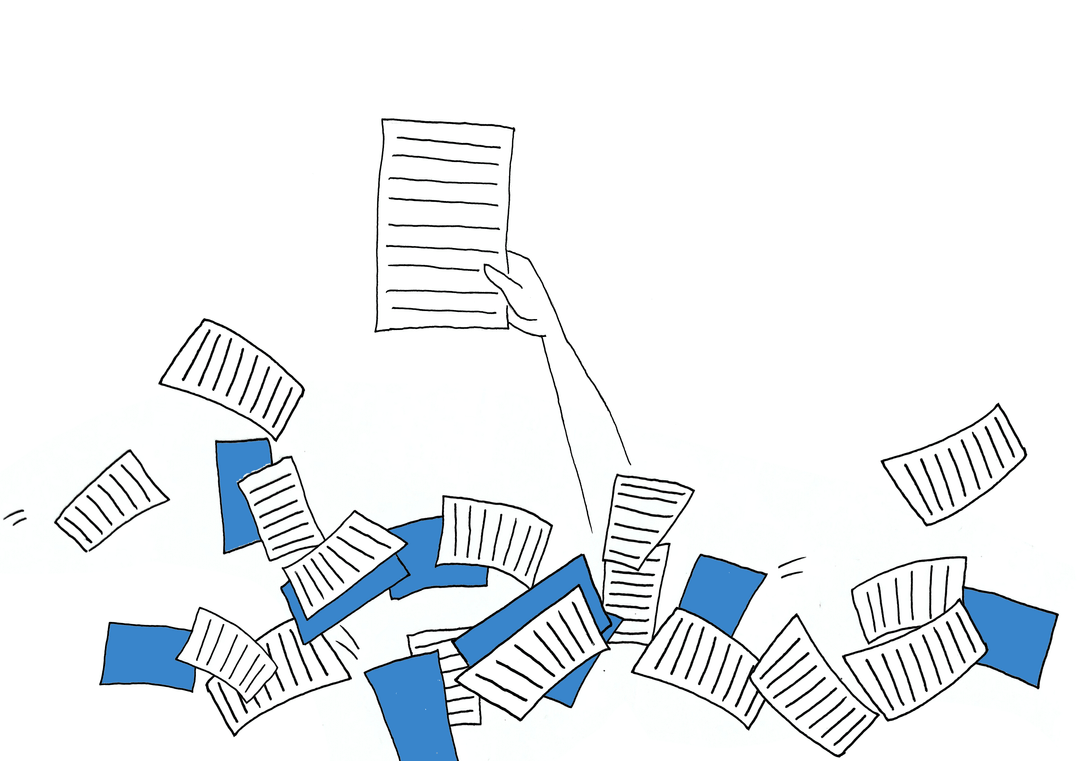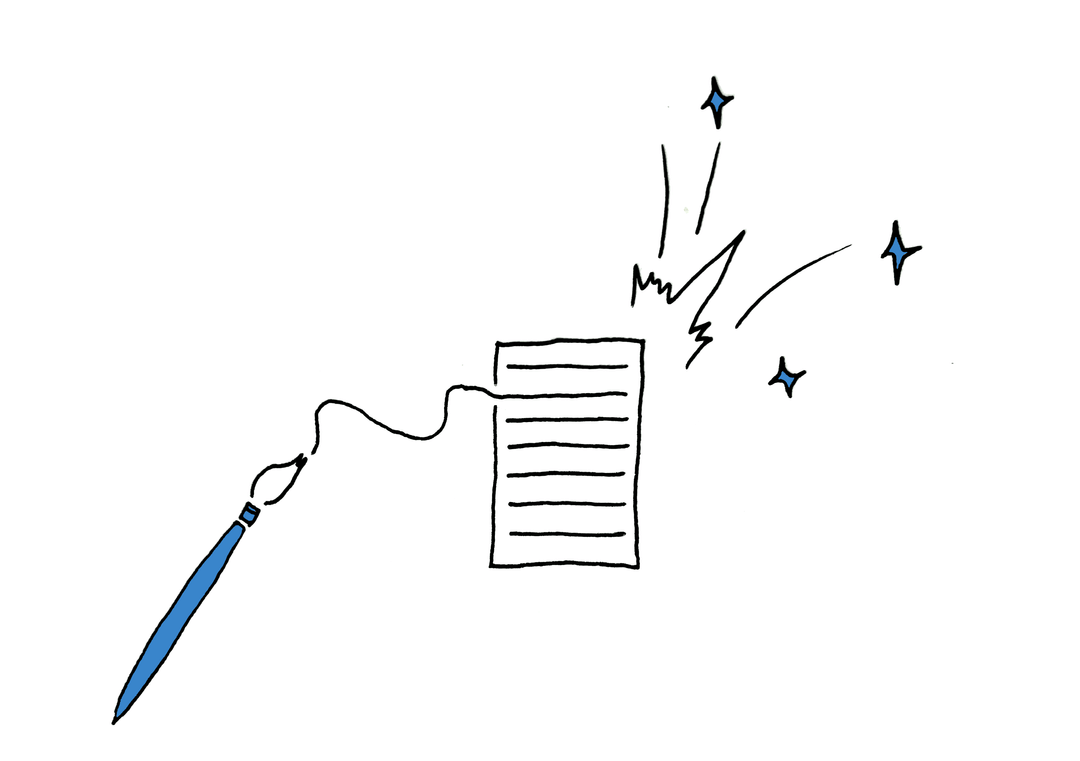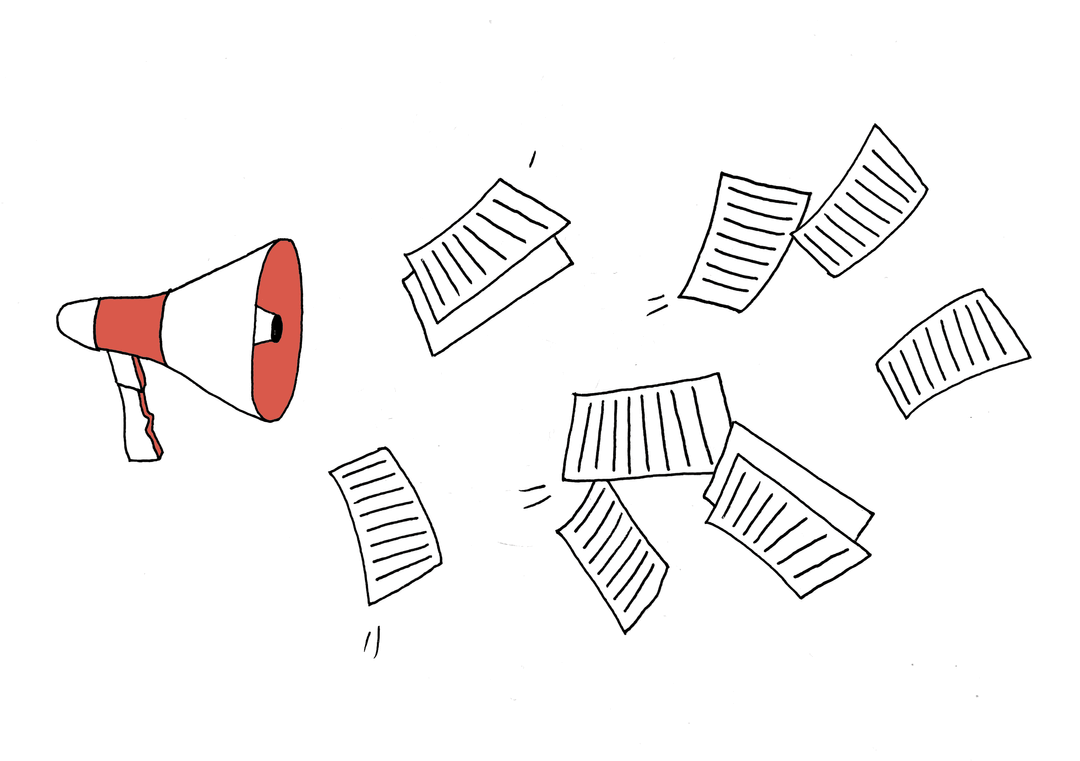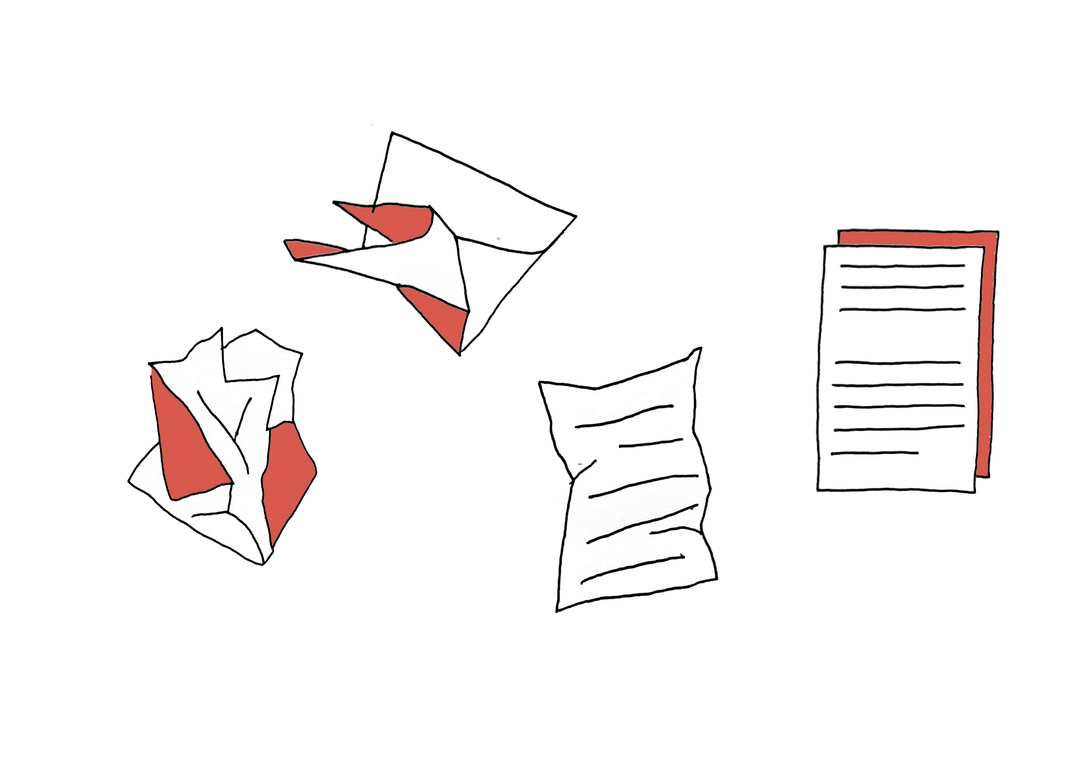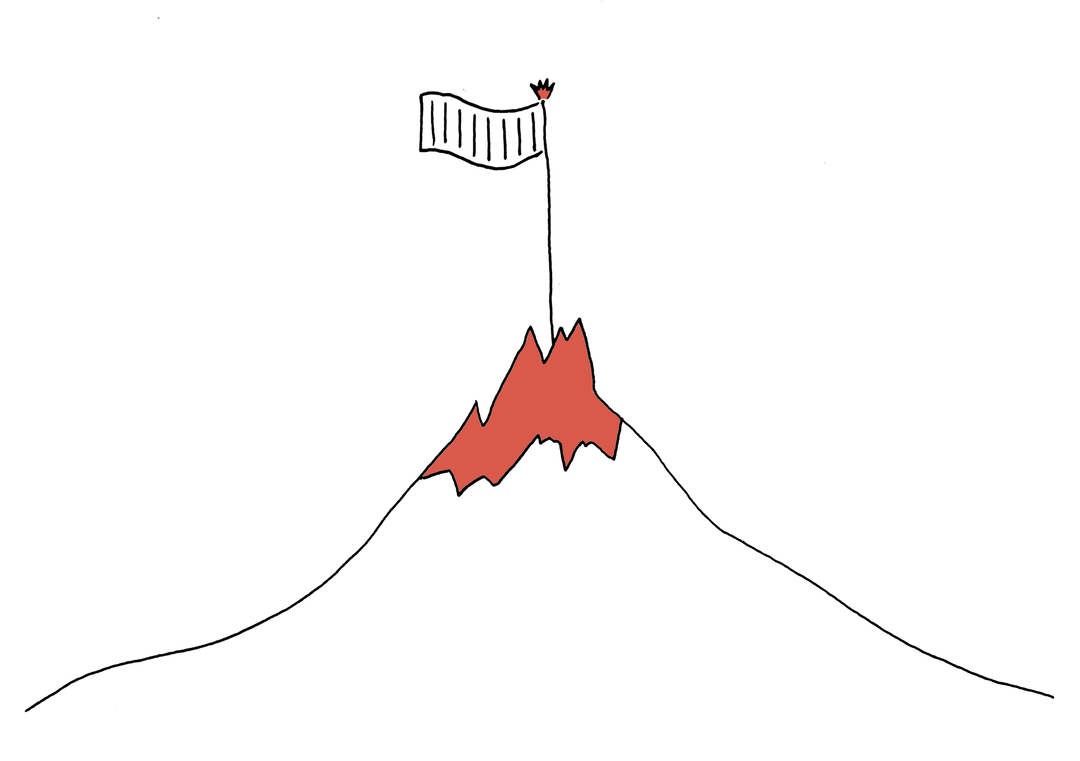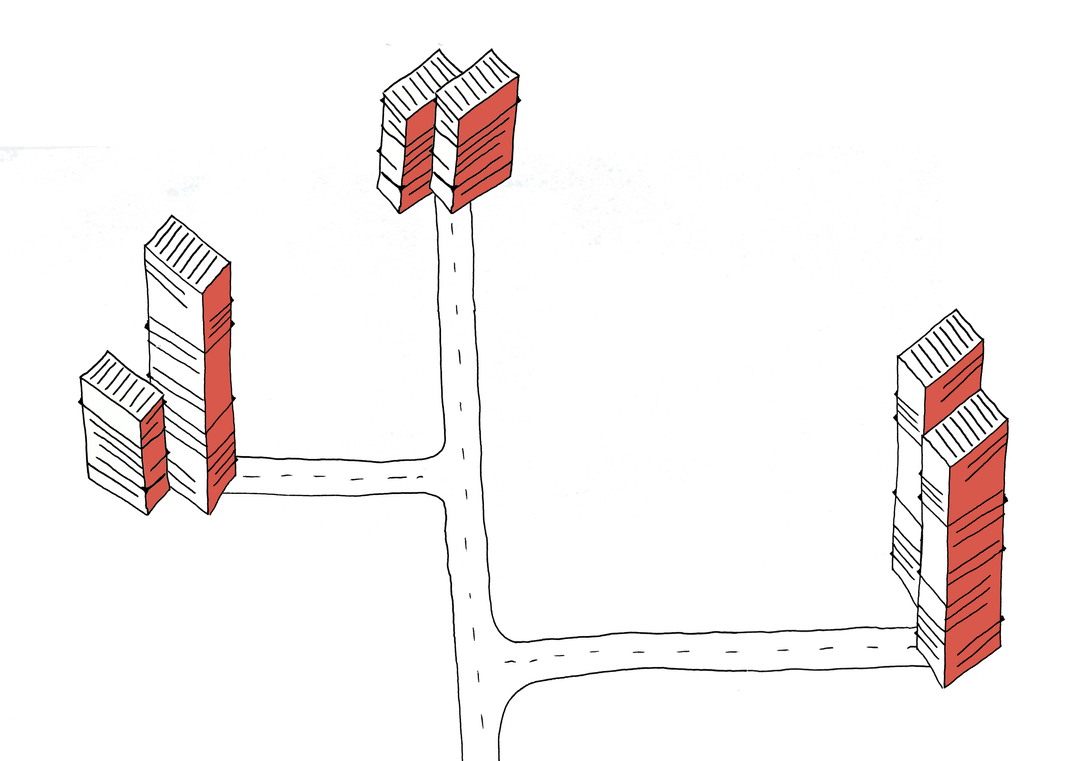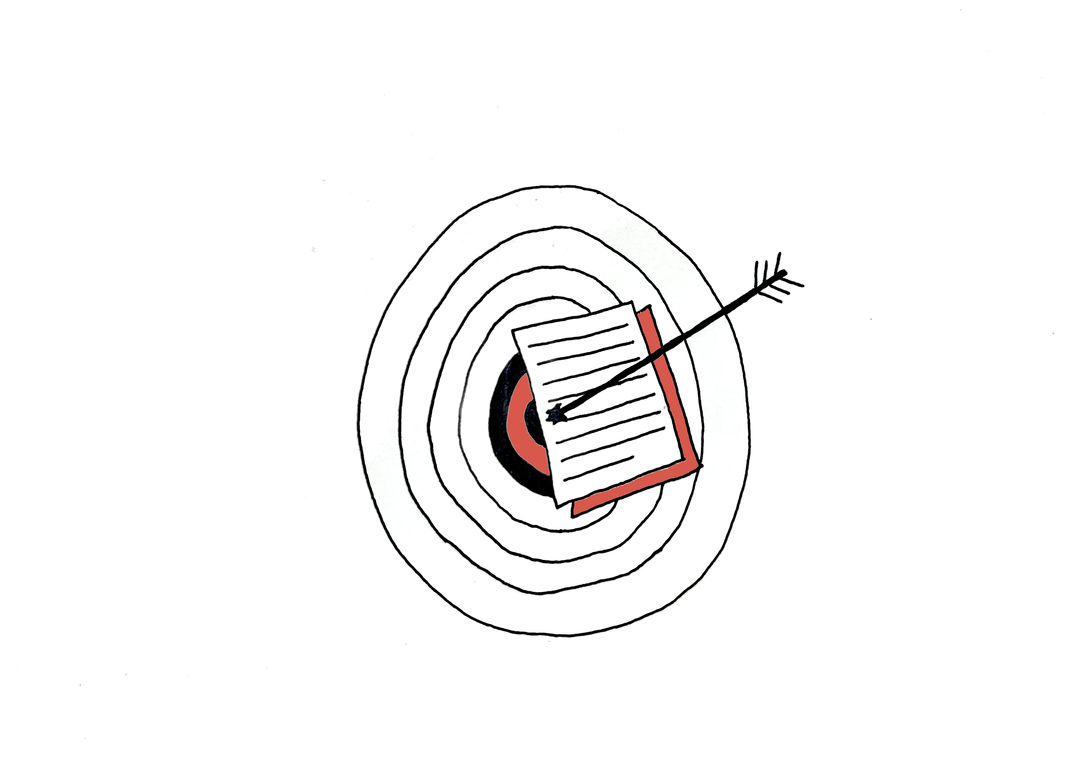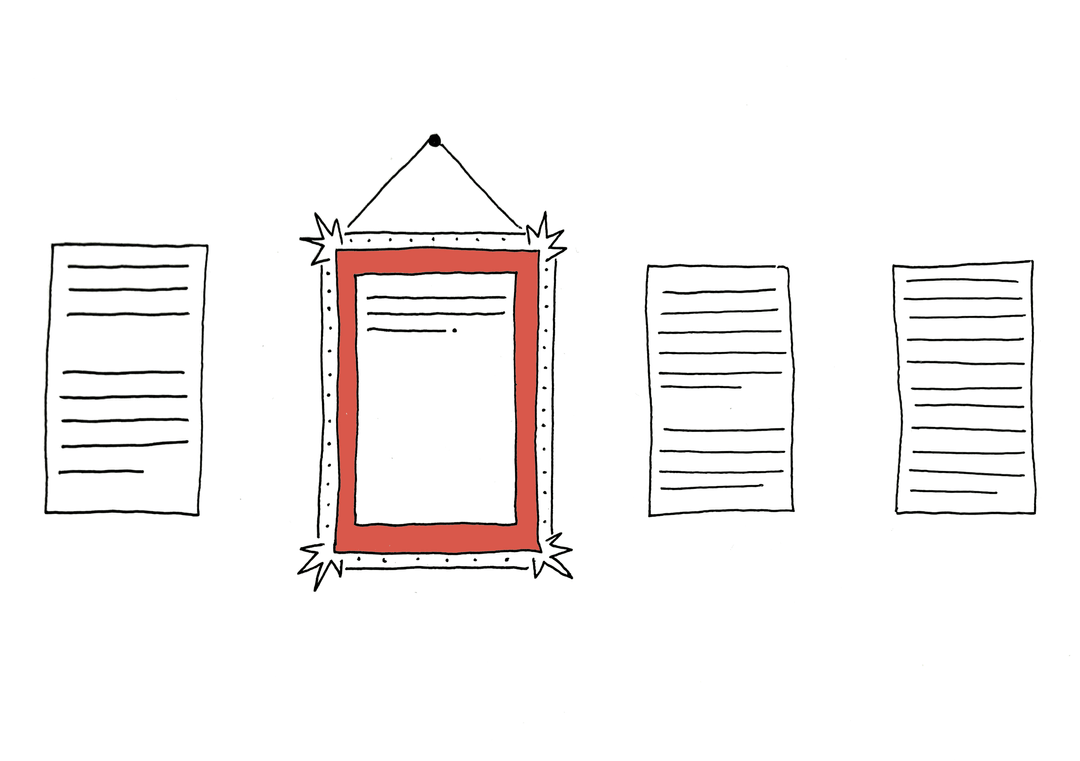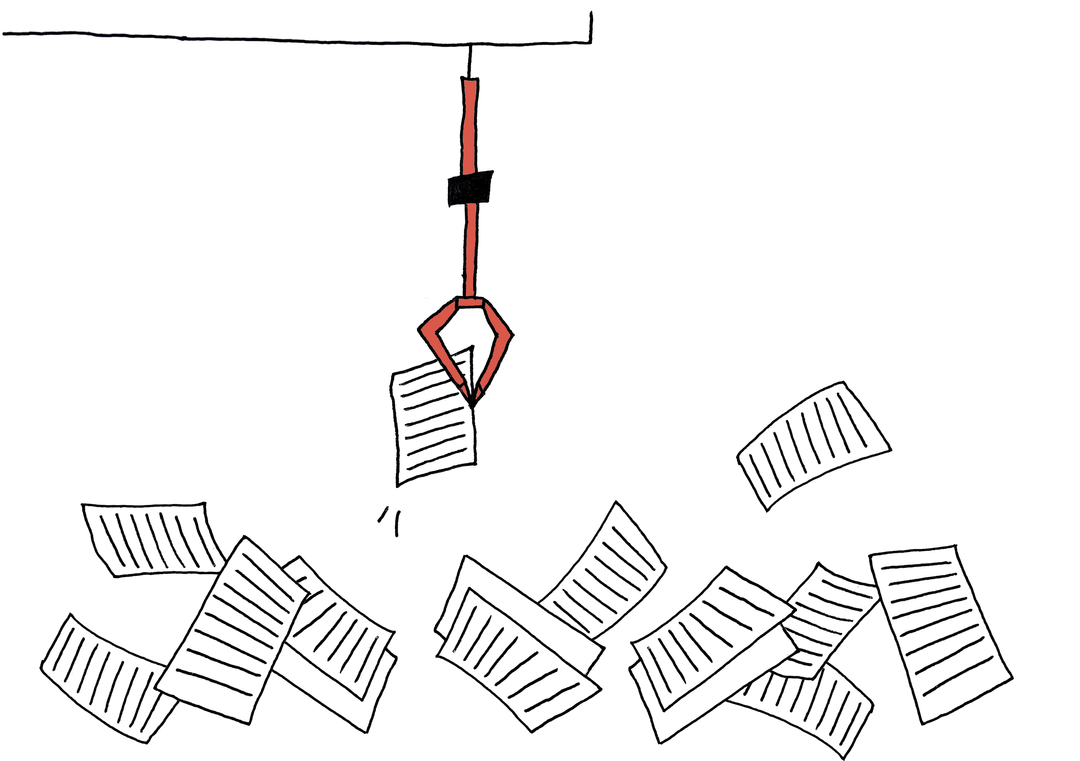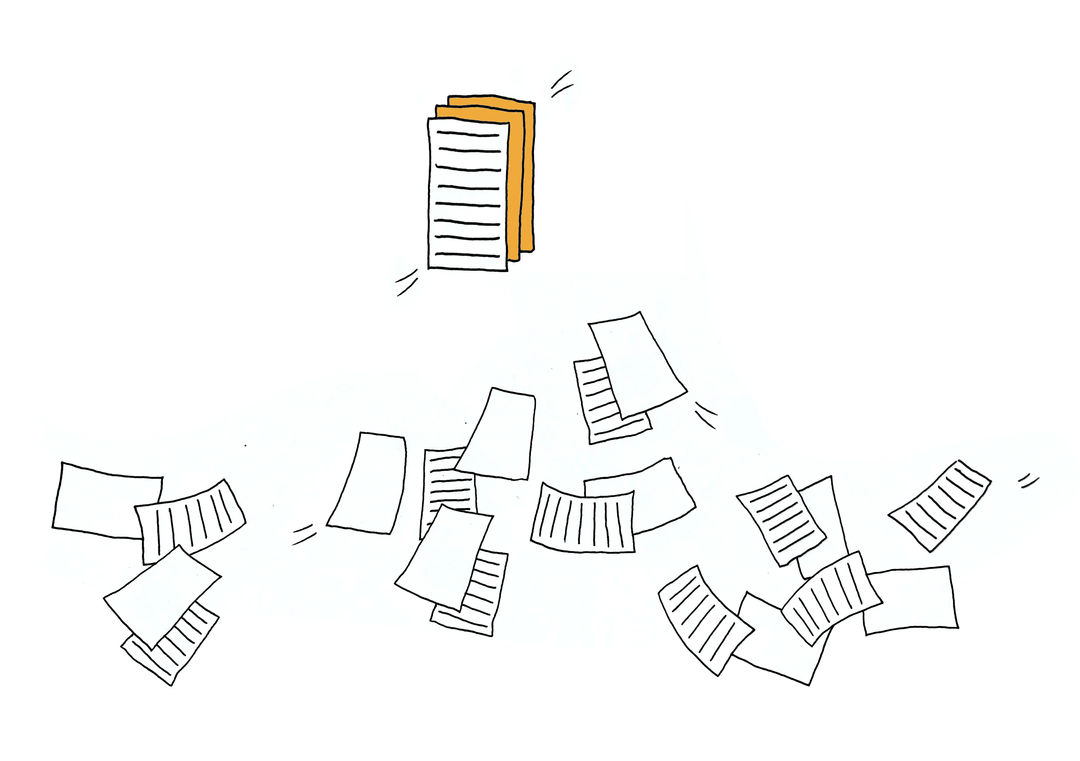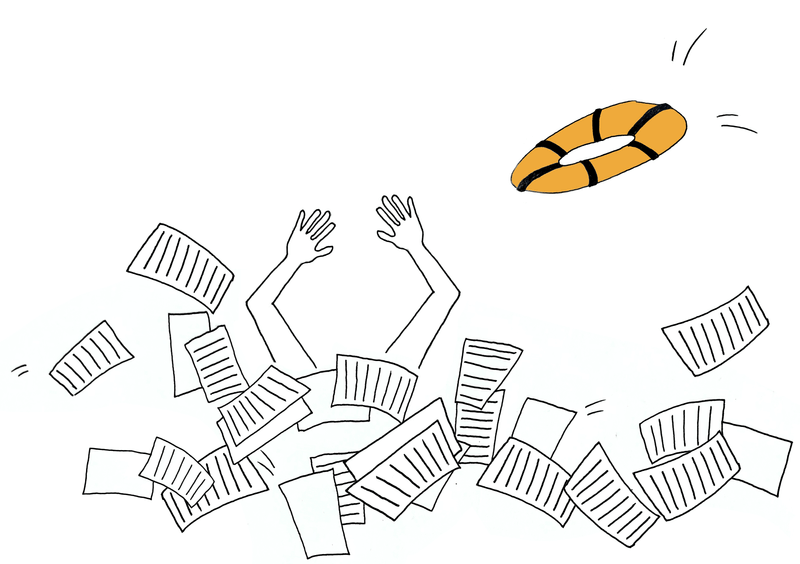3 best-in-class examples to help you write compelling key messages 🔑

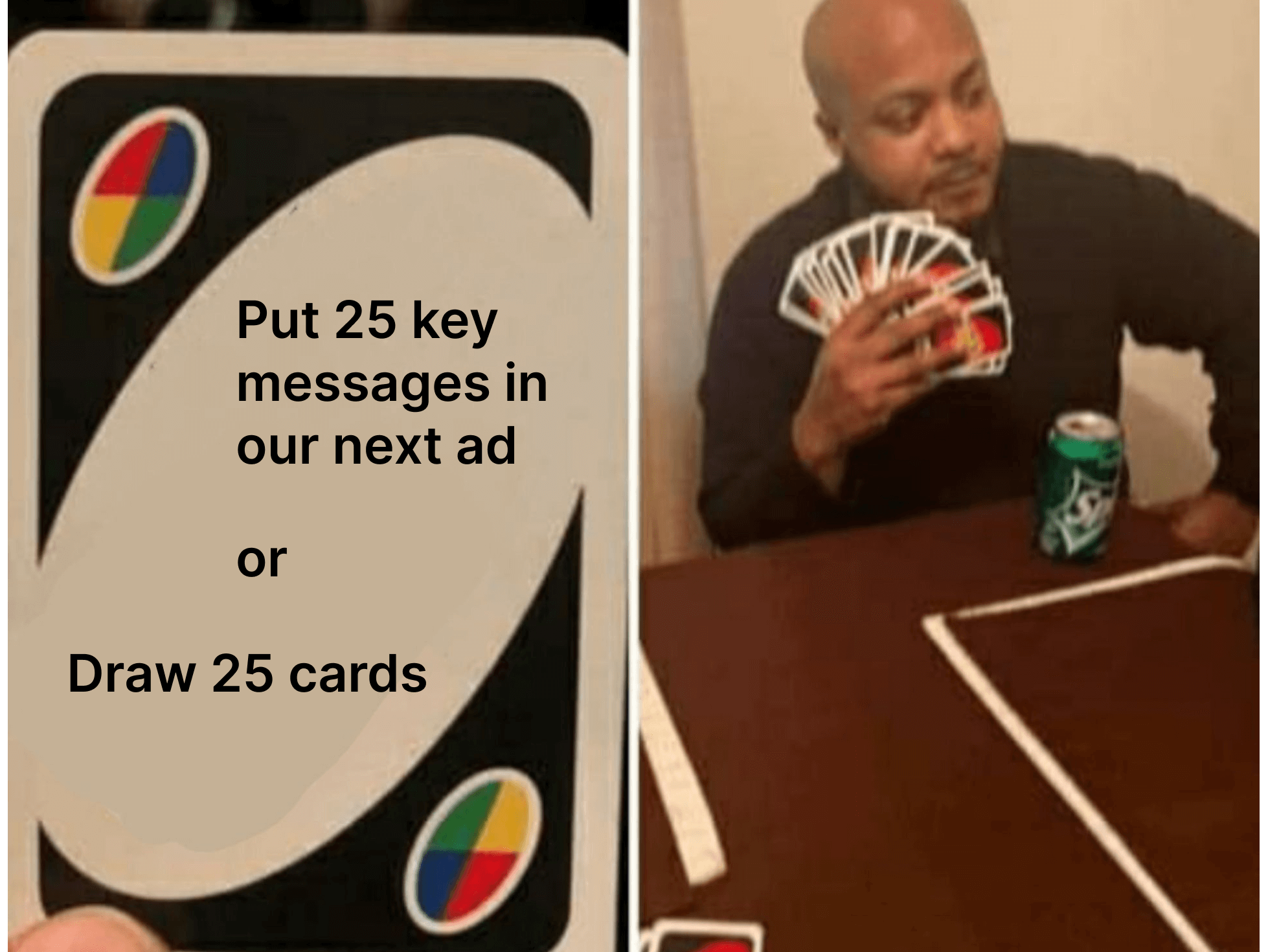
Communications without key messages is like a car without a steering wheel. It will definitely get moving, but you have no control over the destination.
Key messages are what you tell the world (and your target audience) about your brand, product or service - and hopefully, they're what they remember. So strap in, and let's get into crafting a compelling set of key messages for your next brief.
Or you could get Briefly to riff on messaging territories for you in seconds
What are key messages?
Key messages are compelling, concise sentences that you want your audience to understand and remember after seeing a piece of your advertising. They are the jet-fuel to your creative rocket - what you can say or do to either explain or imply why someone should take a specific action - like buy your product.
How to write key messages for your next marketing campaign
Key messages should be rooted in your value proposition - that is the value that you provide to your customers. Writing key messages before you've figured out your value proposition probably isn't a great idea. Fortunately, we have a handy guide on how to create one. Once you have your value proposition, you can start using it to craft your key messages.
What you need to know to write key messages
Plain and simple
The world is busy. People are short on time and attention. So they're not going to sit patiently while your advertising dictates a product brochure. You need to be brief, you need to be compelling, you need to be simple.
Ask yourself a few questions to stress-test your key messages:
The Grandma Test
If I had to explain this to my grandma (who has never worked in marketing), would she get it straight away?
This is to test the simplicity of your message.
The Key Word Test
If I took away 50% of the words at random, would I be left with something that still (kinda) said what I needed it to?
This is to test the 'fluff' level of your key message - how much non-essential filler you've got in there.
The Layover Test
If I were sat at an airport next to a total stranger, would this be an interesting enough opening line to start a decent conversation?
This is to test how compelling, or at least interesting, your key message is.
Less is more
Some brilliant research from Millward Brown revealed something that we all know to be true, but that marketers tend to ignore. The more information you try to communicate to someone, the less they remember.
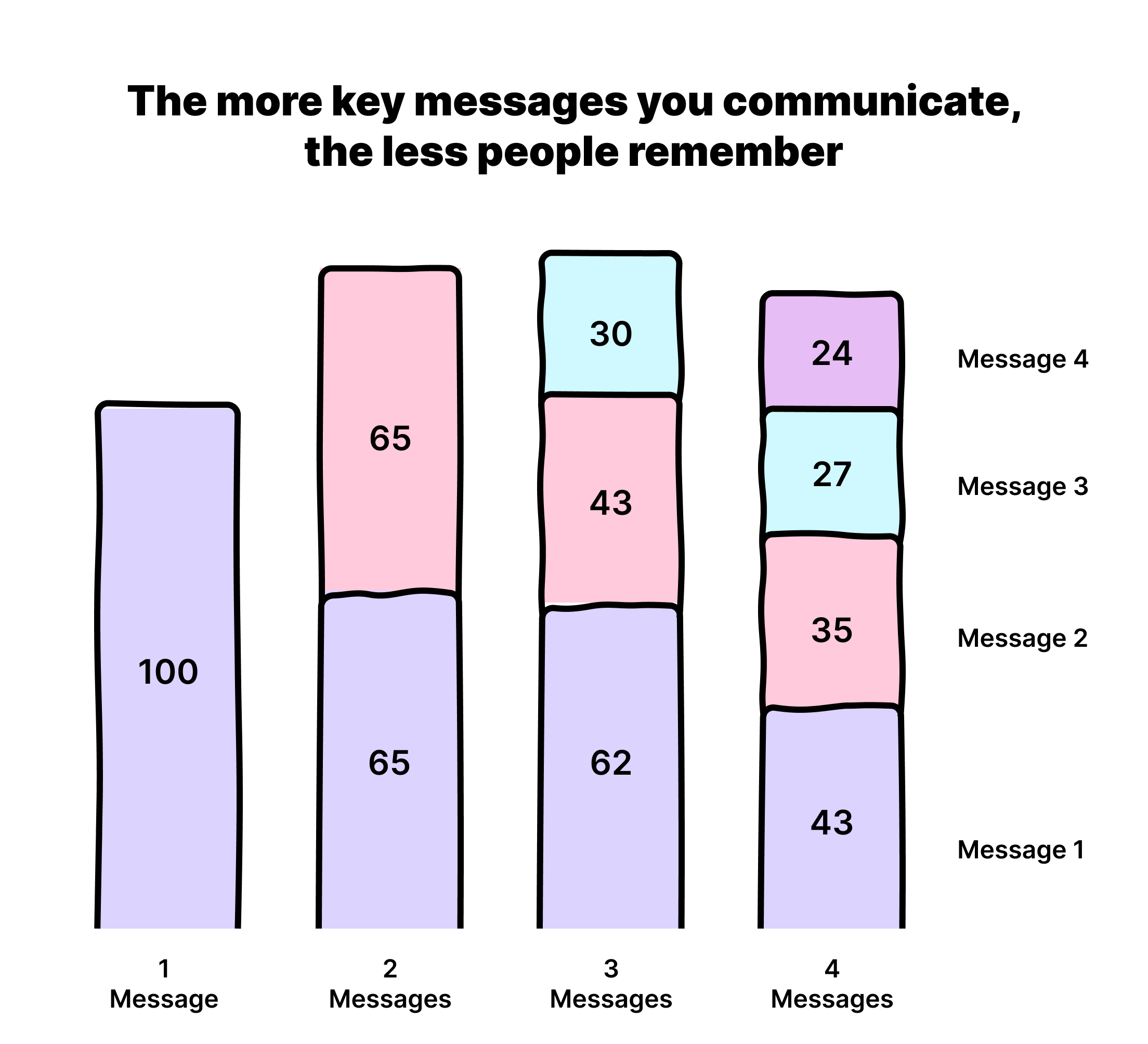
What this also shows is that extra messages don't just get forgotten - they make every other message harder to remember. If you ask people to juggle one ball, most people will be able to do it pretty easily. Ask them to juggle four, and they won't just drop one - they'll drop them all.
So - be choiceful about your key messages. If you've got too many, you need to cut some out.
Cement your value
Every key message needs to be tied to a real product truth, feature, or benefit. You need to be able to demonstrate that you actually provide the value you're claiming (even if, ultimately, you might not directly call it out in an ad).
Building your key messages
There's no real formula for key messages. They might be consistent for your brand across every campaign, so you might only need to do this once or twice a year. Sometimes, you might need to refresh them - perhaps when you're speaking to different audiences, or depending on the season. But for each key message, you need the following ingredients.
Feature or benefit
What do you do?
Not in an exaggerated, marketing-y way. In a cold, hard light, what do you do that is better for your customers compared to what they have now or to your competitors.
Let's use a dishwashing liquid brand as an example to think through.
Our product can clean dishes in half the time, compared to other leading brands, thanks to our patented formula.
Value
This is the thing that matters to your audience. It is not your product benefit, or a checklist of features, but is the thing that those benefits and features enables, creates, empowers, improves, makes easier. This is about translating something you care about into something your customers can care about. Because trust me, they don't care about your patented formula.
You can spend less time standing over the sink scrubbing dishes.
So what?
Many marketers stop there, but miss out on a key step in the thought process.
How are people's lives better now that they've got this extra value? What can they do with it?
So you don't need to strain your back and damage your hands with hot water washing your dishes for too long.
Introducing…
Zing Washing Up Liquid
The washing up liquid that cares for you.
With our patented formula, you can wash dishes in half the time. That means less time spent arched over a sink after dinner, and more time spent relaxing on the sofa.
Best-in-class key messages examples
It can be useful to take inspiration from others who have crafted their own key messages brilliantly. Take a look at these concise, compelling, inspiring bits of language - and how they inform and elevate the campaigns they live in.
EE's key message
"The UK's number one network"
This claim has been made by EE for several years, and is as 'nuts-and-bolts' as key messages ever get. Usually, we'd advise you to steer clear of words like "best," since they can be vague. But most people are overwhelmingly familiar with the mobile network category, so it's easy to extrapolate that "best" means speed, reliability and coverage. While you may not be as lucky as EE in this regard, check out how they took that key message and allowed it to grow into a mind-blowing creative idea.
Your key messages don't just sit on top of your campaigns like icing on a cake. They are a key ingredient, and if considered carefully, can guide the creative process.
British Airways' key message
Often, a key message might not appear in the ad itself. This beautifully simple campaign from British Airways focused on the reasons why Brits travel - beyond the reductive question, "business or leisure?" Trying to cram a key message into a campaign so reliant on its magnificent copy-writing would be nothing short of crass.
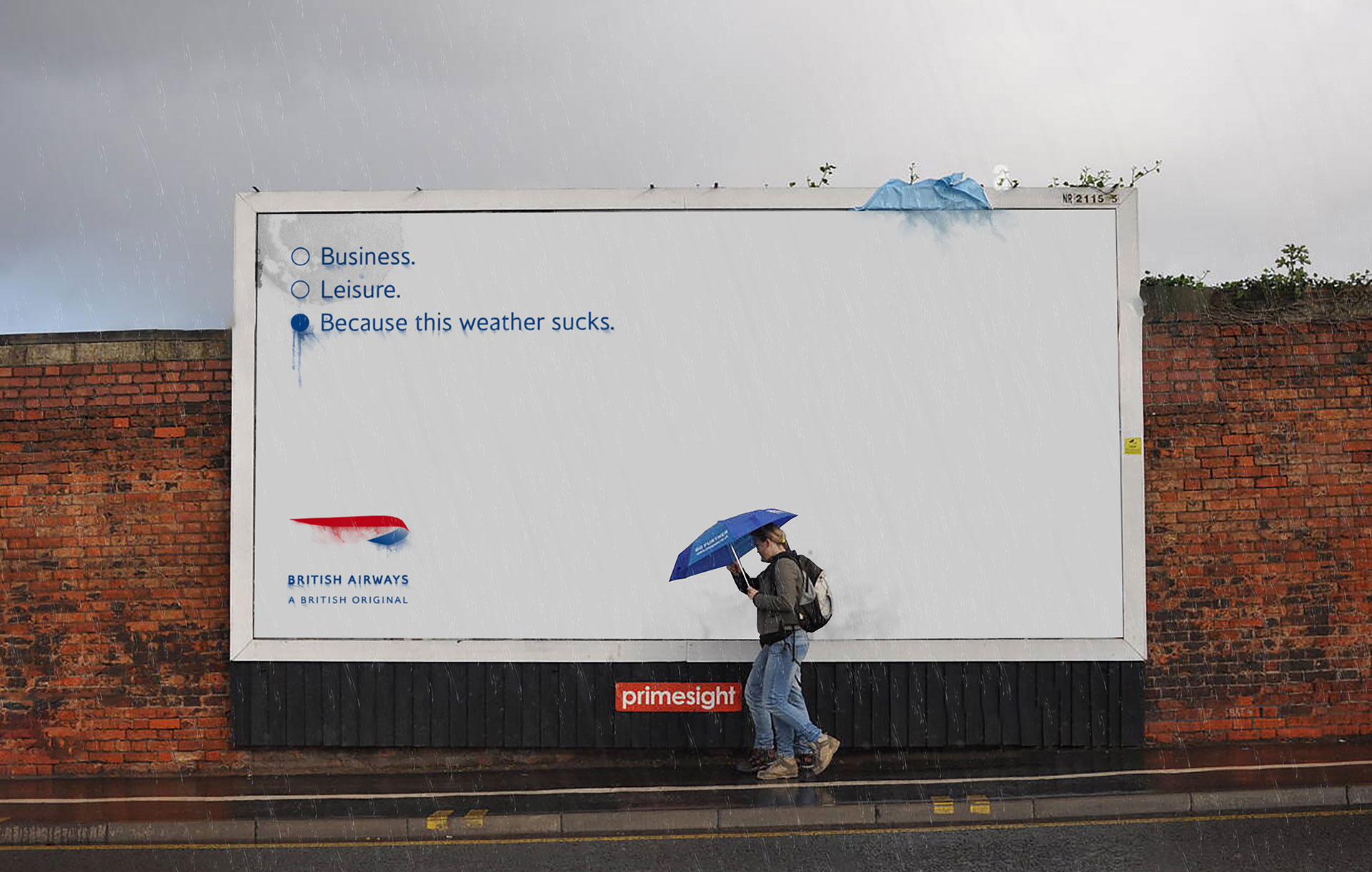
But that means we can only guess at what the key message might have been in the brief. Our bet is that it was something like:
"British Airways knows what makes travel really important."
BBC iPlayer's key message
"Making the unmissable, unmissable"
Ok, this one is a bit of a cheat. This is more of a tagline (another piece of well-crafted, considered language) than a key message - but it does hold all of the right tenets. It is memorable, it's light-hearted yet crafted. And it describes the key benefit provided by iPlayer (a catch-up, online video-streaming service): making all of the quality content on the BBC available to anyone, anywhere, any time.
Serving a simple, compelling key message to a well-defined target audience is as basic as it gets in marketing - but if you get it right, you might just find yourself on a flight to Cannes to collect an award for your efforts.
Of course, if you want to make writing a great brief easy, you can always try Briefly 🌱



